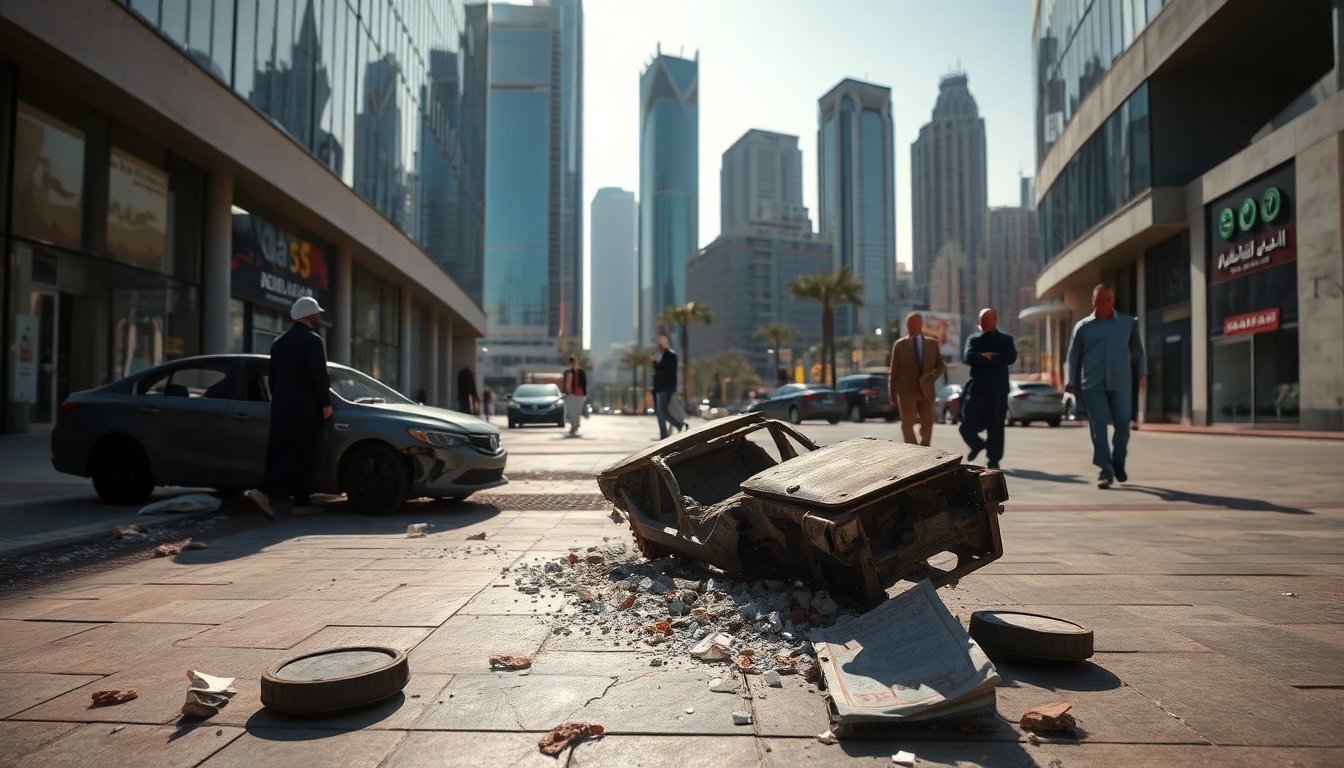Table of Contents
The recent explosion in Doha, Qatar, has highlighted significant geopolitical tensions, particularly related to the ongoing conflict between Hamas and Israel. An Israeli official stated that the attack targeted Hamas’ leadership, which has established a stronghold in the Qatari capital. The implications of this incident could extend beyond immediate casualties, potentially affecting the fragile dynamics of ceasefire negotiations and hostage releases amidst the ongoing violence in Gaza.
The Context of the Explosion
The blast was reportedly linked to an Israeli announcement regarding its strategy to target Hamas leaders. Al Jazeera, a prominent news outlet funded by the Qatari government, confirmed the explosion but provided no additional details. Eyewitness accounts reported black smoke rising into the sky, although reports concerning potential injuries remain unclear. This incident occurs against a backdrop of heightened tensions in the region, particularly following Hamas’ attack on October 7, 2023, which significantly escalated the conflict.
Qatar has long played a pivotal role as a mediator between Hamas and Israel, even before the current crisis. The presence of Hamas’ exiled leadership in Doha has positioned the nation as a focal point for discussions on peace and conflict resolution. However, the recent targeting of their leadership marks a potential turning point in these diplomatic efforts.
The Impact on Negotiations
An attack on Hamas’ upper echelons could complicate ongoing negotiations regarding a ceasefire and the release of hostages taken during the recent escalation of violence. The Israeli strategy appears to be shifting towards a more aggressive posture, focusing on eliminating key figures within Hamas. This approach could further entrench positions on both sides, making diplomatic resolutions even more elusive.
As both Hamas and Israel navigate this tumultuous landscape, the role of external mediators like Qatar becomes increasingly critical. Qatar’s status as a wealthy nation with significant energy resources places it in a unique position to influence both sides, but recent events could strain its capacity to effectively facilitate dialogue. The international community will undoubtedly be monitoring how Qatar’s involvement evolves in light of these developments.
Future Ramifications
The situation in Doha is emblematic of broader geopolitical trends in the Middle East. The targeting of Hamas leaders may not only affect the immediate conflict but could also have lasting impacts on regional alliances and power dynamics. As tensions rise, the risk of further violence and instability increases, potentially drawing in other regional players.
In the coming weeks, we may witness a shift in how both Hamas and Israel approach negotiations. The explosion in Doha serves as a stark reminder of the volatility in the region and the fragile nature of peace talks. Observers must remain vigilant as the situation evolves, particularly concerning the humanitarian crisis in Gaza and the quest for a sustainable resolution.


